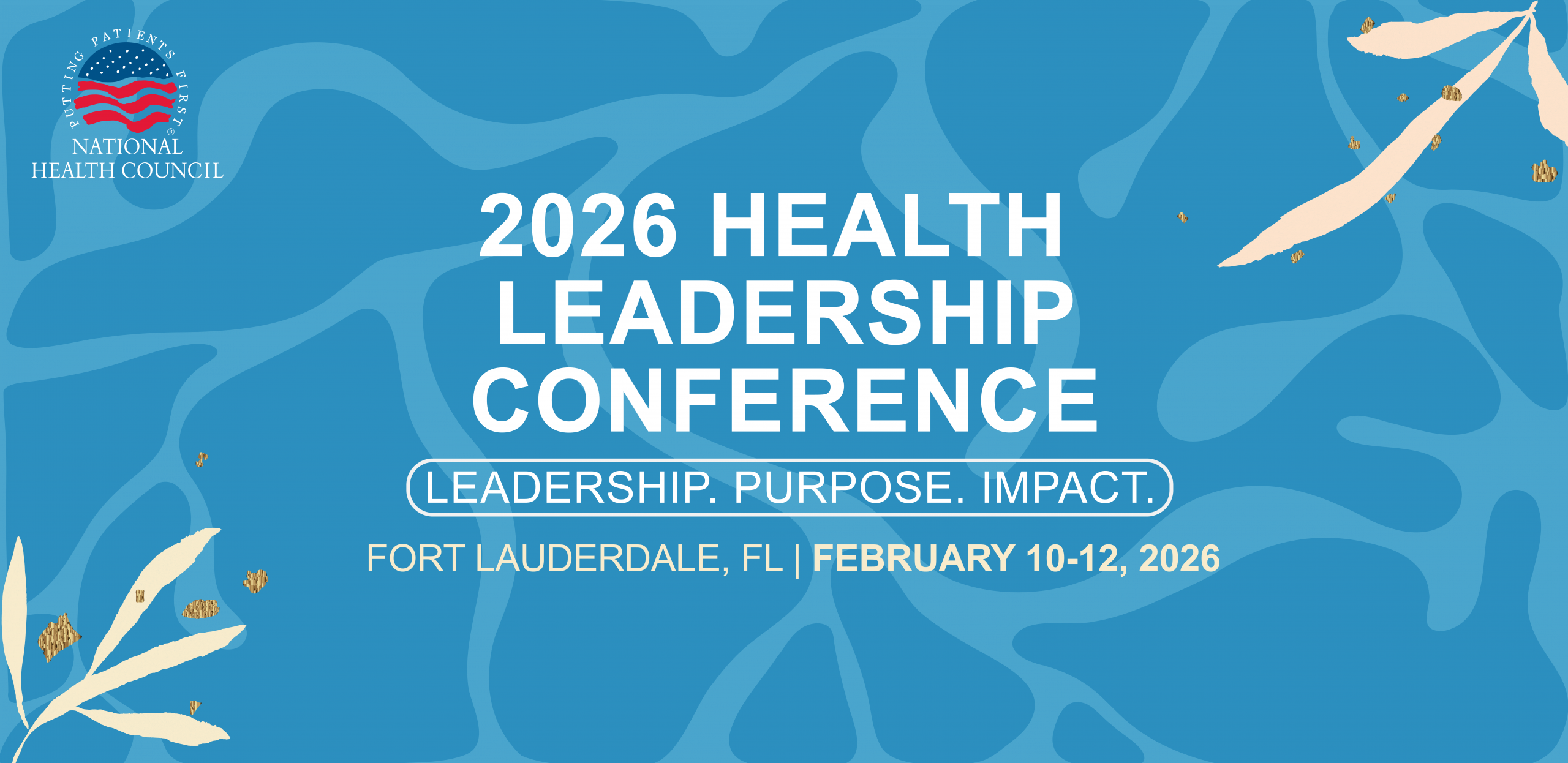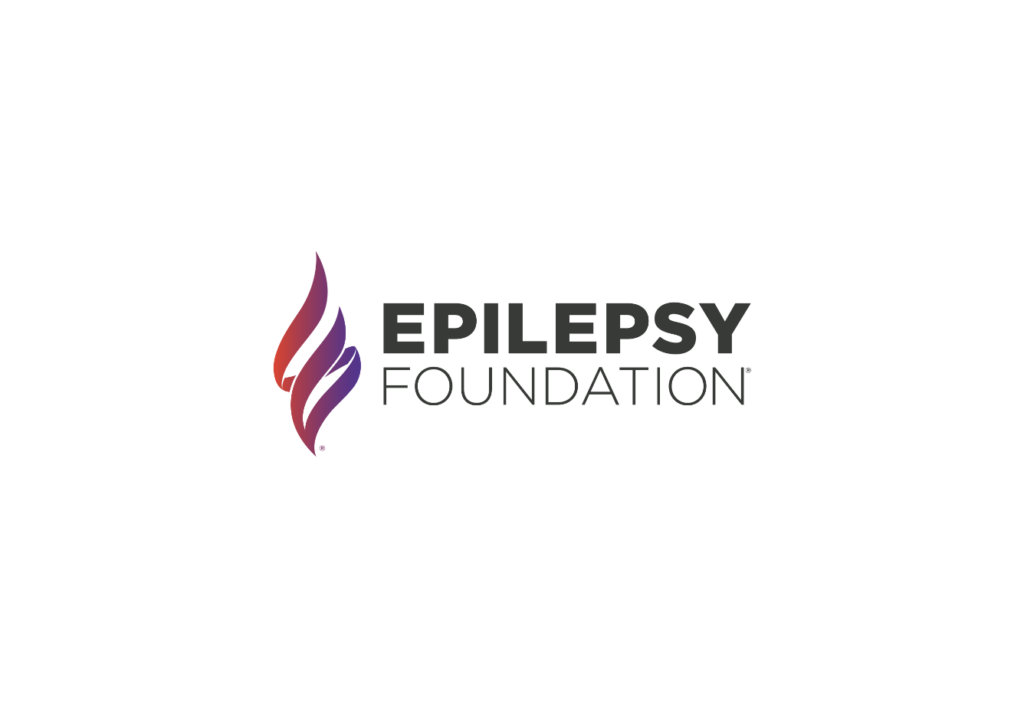

What Could Changes in Tariff Policies Mean for Patients?
By: Randall Rutta, Chief Executive Officer
The Administration has announced its plan to raise tariffs on many materials and products from foreign countries. While what materials and products will be subject to tariffs is evolving, these policies may have detrimental effects for patients seeking care.
Currently, medicines, devices, and other necessary materials that help patients get the treatment they need are created and manufactured all over the world. The National Health Council (NHC) supports incentivizing domestic production of health care materials, but transitioning should be done carefully, with patient input, and in ways that minimize the impact on people who need care the most.
Tariffs can lead to extreme shortages and supply chain issues that may limit the care available to patients. These shortages can result in significant stress for people with chronic diseases and disabilities as they seek necessary treatment. In addition to limiting care access and affordability, these issues will negatively impact health care workers and potentially risk quality of care. Providers who do not have the treatments, devices, and equipment they need, such as diagnostic tools, infection control supplies, and more, may be unable to provide the best care possible.
People living with chronic diseases and disabilities already struggle to get the care they need. Any tariffs imposed on health care related materials need to fully take into account the potential negative impact on patient access and affordability.
The NHC calls on the Administration to exempt health care materials from short-term tariff discussions. Any tariffs that are applied must be monitored and adjusted to minimize impact on patient access and affordability.


